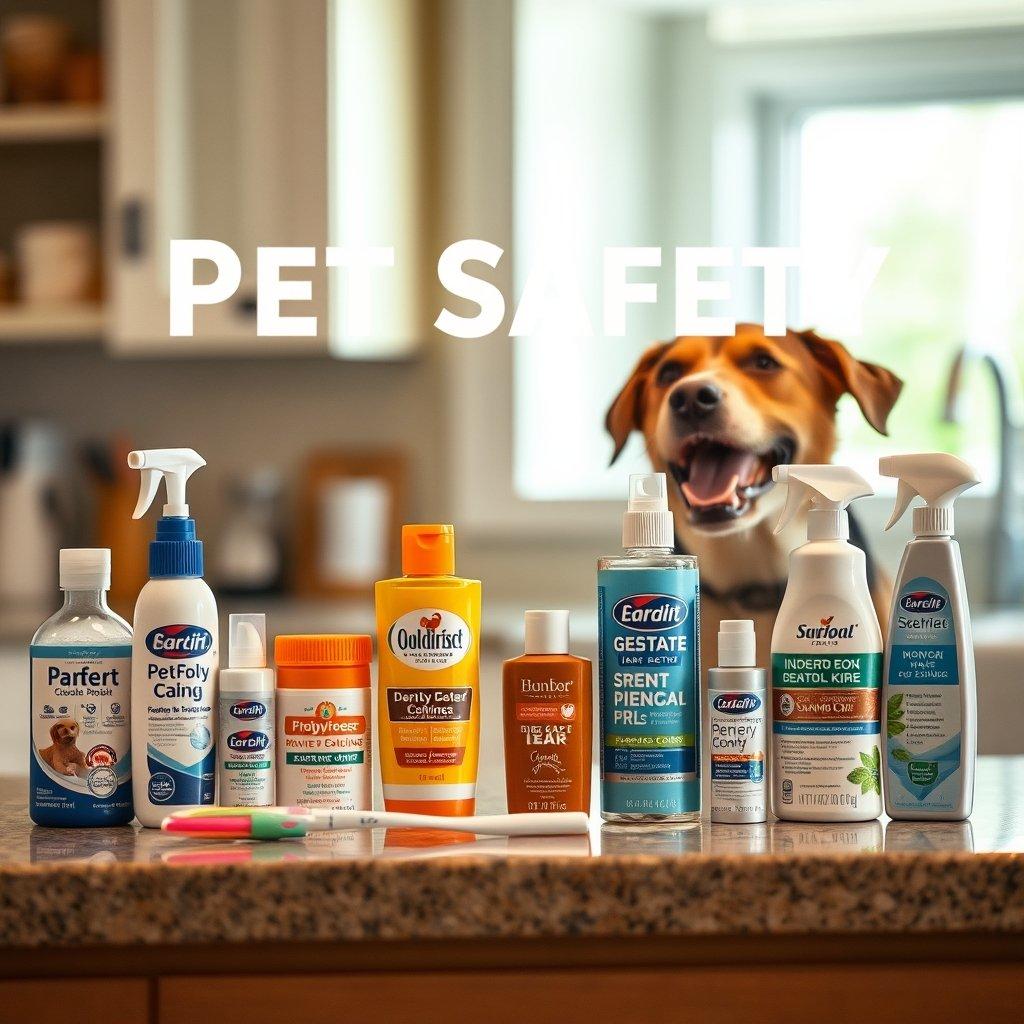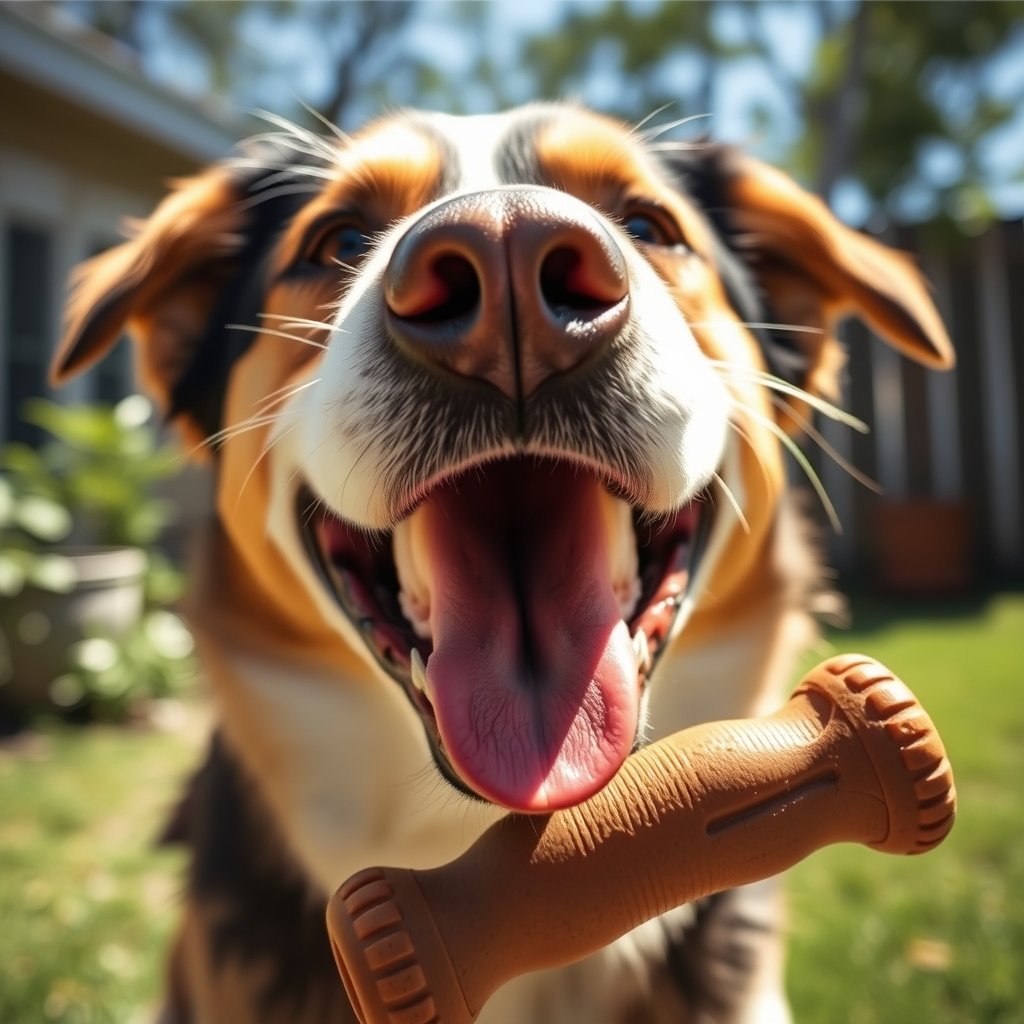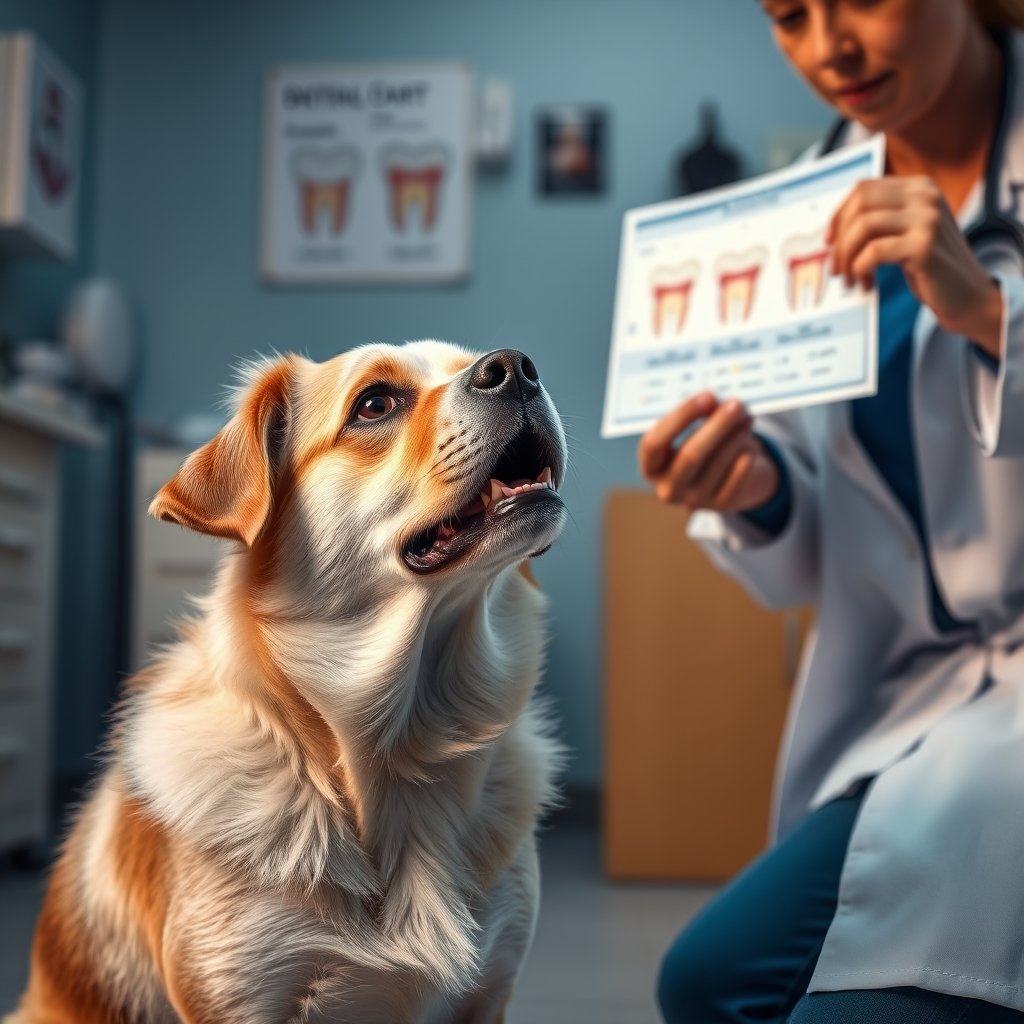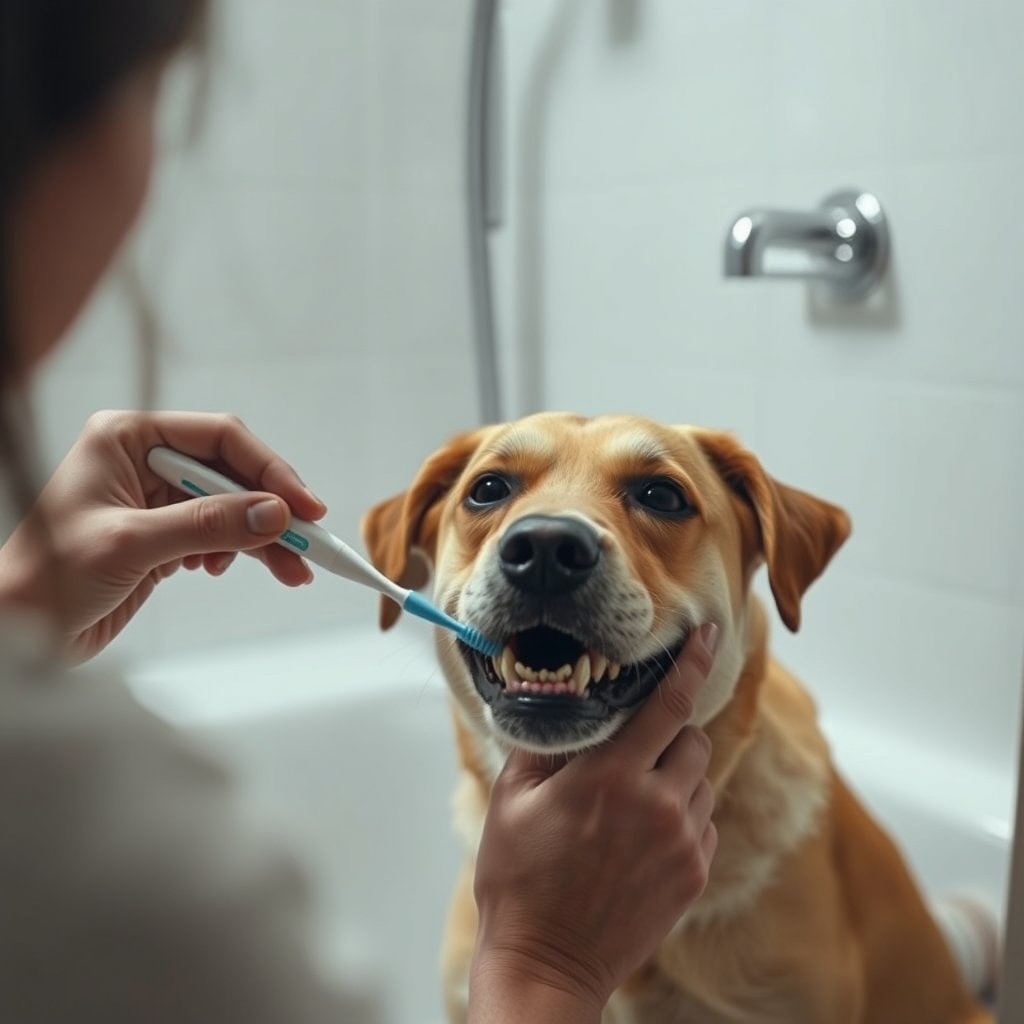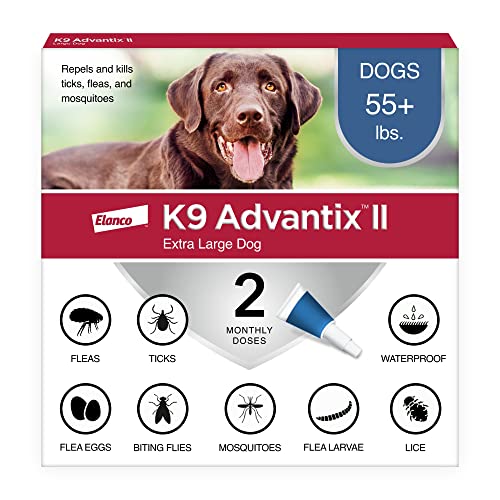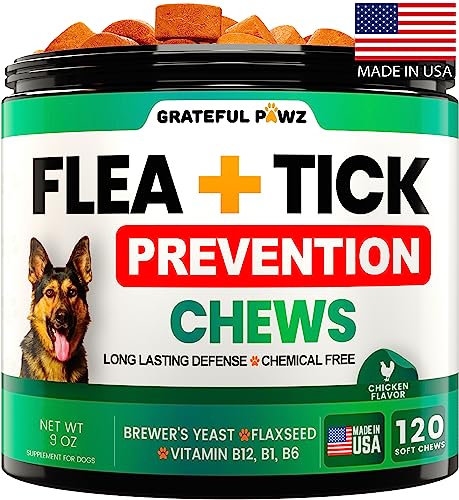Essential Dental Care for Dogs: Keeping Your Pup’s Smile Bright and Healthy
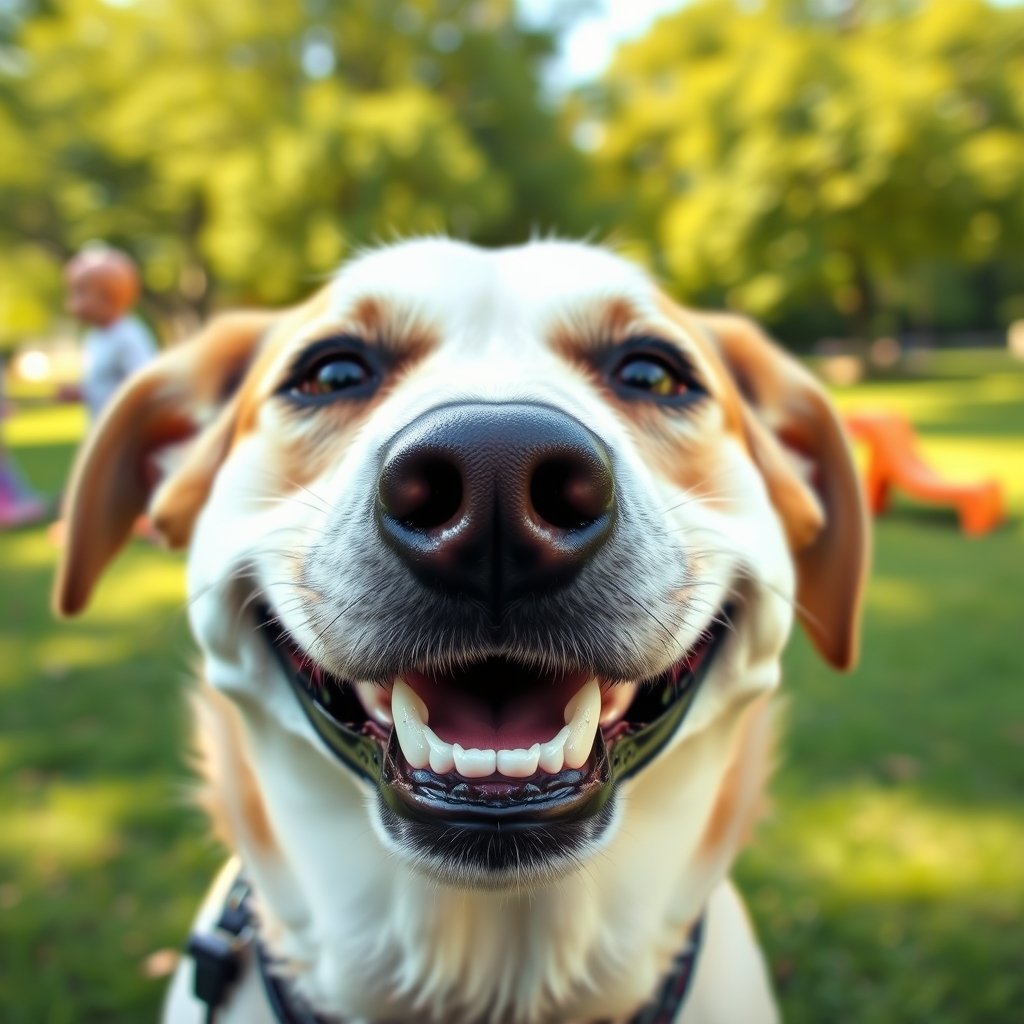
As dog owners, we adore our furry companions and want the best for their health and happiness. One aspect that often gets overlooked is dental care. Just like humans, dogs rely heavily on their teeth for a variety of activities, including eating, grooming, and even defending themselves. Unfortunately, poor dental health can lead to serious issues like tooth decay, gum disease, and bad breath. Additionally, dental health problems in dogs can contribute to more severe conditions, such as heart disease and kidney damage. Therefore, it's essential to take proper care of your canine companion's teeth to ensure their overall well-being.
Why Dental Care Matters
Dental care is not just about keeping your dog’s teeth spotless; it’s about maintaining a healthy mouth and preventing systemic health issues. Unattended dental problems can lead to pain, difficulty eating, and more serious health challenges down the line. By prioritizing your dog’s dental hygiene, you can help them live a longer, healthier life.
Understanding Common Dental Issues
Dogs can suffer from several dental health issues, including:
- Tooth Decay: This occurs when plaque buildup leads to cavities and tooth deterioration.
- Gum Disease: Also known as periodontal disease, it starts with inflammation (gingivitis) and can progress to more severe infections.
- Bad Breath: Often a sign of dental issues, it can indicate plaque buildup or gum disease.
- Tartar Buildup: Hard mineral deposits can accumulate on teeth, leading to gum problems and further tooth decay.
Essential Canine Dental Care Practices
To maintain your ddog’s dental health, here are some essential practices to follow:
1. Regular Brushing is Key
Regular brushing is one of the most effective ways to maintain your dog’s dental hygiene. Aim to brush their teeth at least two to three times a week, if not daily. Here’s how to get started:
- Choose the Right Tools: Use a toothbrush and toothpaste specifically formulated for dogs, as human products can be harmful to their stomachs. Dog toothpaste comes in flavors that appeal to canines, making the process more enjoyable.
- Introduce Gradually: Start by allowing your dog to lick a small amount of toothpaste from your finger. Once they are comfortable, introduce the toothbrush gently, brushing their teeth using circular motions and focusing on the gum line. Be patient; it might take some time for your dog to get used to this new routine.
2. Utilize Dental Chews and Toys
In addition to brushing, provide your dog with dental chew toys and treats designed to promote oral hygiene. Chew toys can help remove plaque and tartar buildup while also providing mental stimulation. Look for dental toys made from safe materials that have textures specifically designed for cleaning teeth.
3. Schedule Routine Veterinary Check-Ups
Regular check-ups with a veterinarian are crucial for your dog's dental health. Your vet can perform a thorough examination of your dog’s mouth, identify any dental issues early, and recommend appropriate treatments. In some cases, professional dental cleaning under anesthesia may be necessary to remove stubborn tartar and address any underlying issues.
4. Nourish with a Balanced Diet
A well-balanced and nutritious diet can significantly contribute to your dog's dental health. Feeding your dog dry kibble instead of soft, moist food can help to reduce plaque buildup. Additionally, incorporating dental treats designed to aid in tooth cleaning can enhance their oral hygiene routine. Just be sure to choose treats that are appropriate for your dog's size and breed.
Summary: Tips for Maintaining Your Dog’s Dental Hygiene
- Brush Regularly: Aim to brush your dog’s teeth several times a week.
- Use Dental Chew Toys: Provide appropriate chew toys to help clean teeth and gums.
- Schedule Regular Vet Visits: Keep up with dental check-ups and professional cleanings.
- Monitor for Signs of Issues: Be vigilant about any signs of dental problems, such as bad breath or difficulty eating.
Conclusion
Dental care is an often-overlooked aspect of a dog’s overall health and well-being. Just as we prioritize our oral hygiene, it’s vital to establish a dental care routine for our pets. Providing regular brushing, appropriate chew toys, a balanced diet, and routine veterinary visits can prevent dental issues and ensure your furry friend enjoys a healthy, happy smile.
Remember, investing time and effort into your dog’s dental care is an investment in their overall health. Let’s keep those tails wagging and those smiles bright!
By following these guidelines, not only will you help prevent dental problems, but you'll also enhance your dog's quality of life. If you have any questions about your dog’s dental care, don’t hesitate to consult your veterinarian!
